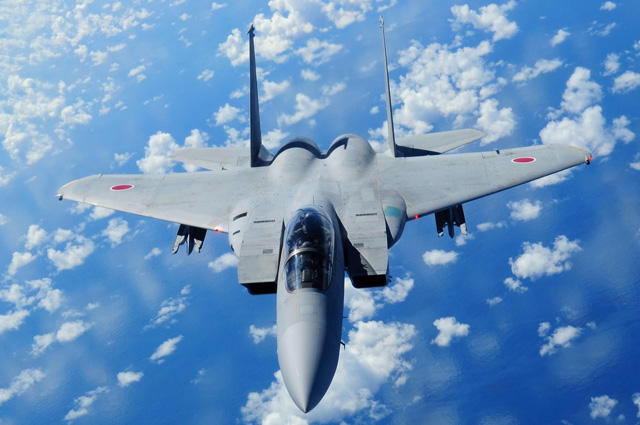China expressed “regret” over South Korea’s expanded air identification zone, weeks after Beijing stoked tensions in the region by establishing its own in the East China Sea.
Foreign ministry spokesman Hong Lei said Beijing was dismayed by the overarching South Korean ADIZ, covering a contested outlying rock crop known as “Ieodo” in Korea and “Suyan” in China.
However, Hong added that Beijing was open to talk with Seoul over the issue, which made little noise in Chinese state media.
“China expresse[s] regret over the Republic of Korea’s decision to expand its ADIZ,” Hong said.
“China is ready to maintain communication with ROK [The Republic of Korea] in line with the principle of equality and mutual respect. We hope that the ROK will meet China halfway,” he said.
China’s state-run media downplayed the issue. “China will not make a big deal out of this right now,” the Global Times said.
“Although it objectively overlaps with China’s ADIZ, it’s an action South Korea took to ensure its interests and the demands of its people,” foreign affairs expert Su Hao was quoted as saying by the Global Times. “The move was not hostile.”
South Korea revised its ADIZ for the first time in 62 years. The new zone, which would take effect from December 15, was extended by about 66,480 square kilometers – roughly two thirds size of the country.
China’s hushed remarks on the Korean ADIZ was a stark contrast to diplomatic barbs it exchanged with Japan over a simmering aerial dispute.
Tokyo said the expansion of the Korean ADIZ “won’t infringe on the freedom of flight in airspace over the high seas under international law.” Japan bitterly protested against China’s ADIZ over the contested Senkaku Islands and ordered Japanese carriers not to abide China’s orders.
By Maesie Bertumen









